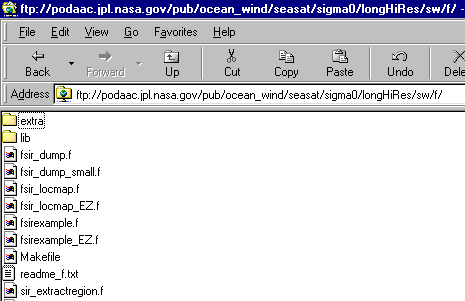Other Services Available on the Internet
The following are the most popular services available on the Internet:
The
World Wide Web
Email
News Groups
Mailing Lists
FTP
Probably everyone is familiar with email at this point, but if you're interested in more information you might want to look at the following:
http://www.islandnet.com/~tmc/html/articles/email.htm.
Warning on email safety: When you send an email to someone else, even if they are local, your message could be routed through several computers on its way, each of which can read the contents of your email. Never send critical information such as logon information, passwords, credit card information, etc., via an email.
For more information, click on the following then click the '@' symbol for any
topic that interests you on the "Email" line:
http://www.livinginternet.com
News Groups / Bulletin Boards ("Usenet" (for User's Network))
Groups of people interested in the same subject post messages, usually grouped by subject, on an electronic "bulletin board." This is called a "news group." News groups are available around the world on a huge number of subjects, although you'll be limited to the "news servers" accessed by your particular ISP.
Both of the major browsers have news-reading capabilities, although email is also involved as the means of posting your own messages. Some news groups required that you acquire a specialized reader (at a large university, for example).
To get more information on using Internet Explorer to access news groups:
http://www.microsoft.com/windows/ie/using/howto/oe/newsgroups.asp
To get more information on using Netscape to access news groups:
http://wp.netscape.com/eng/mozilla/2.02/handbook/docs/mnb.html#C0
To search for news groups using Google:
http://groups.google.com
Just like News Groups, thousands of "Mailing Lists" exist for special interests. They take less effort, however, since emails are sent to you automatically (on a newsgroup, you have to make the effort of visiting the bulletin board and searching or browsing through it).
For more information, click on the following then click the '@' symbol for any
topic that interests you on the "Lists" line:
http://www.livinginternet.com
Before HTML was invented, most people used the Internet to transfer files from one computer to another.
The program, or protocol, that made this possible was called FTP.
For example, a manufacturer is likely to have an FTP site containing logos and marketing information. Any of their distributors can download this information easily. If you've done many searches using
Google, you've probably encountered an FTP site at one time or another - it's a list of files in a pretty awkward-looking
format, looking something like this:
For additional information on FTP
http://www.uic.edu/depts/accc/network/ftp/introftp.html
|











